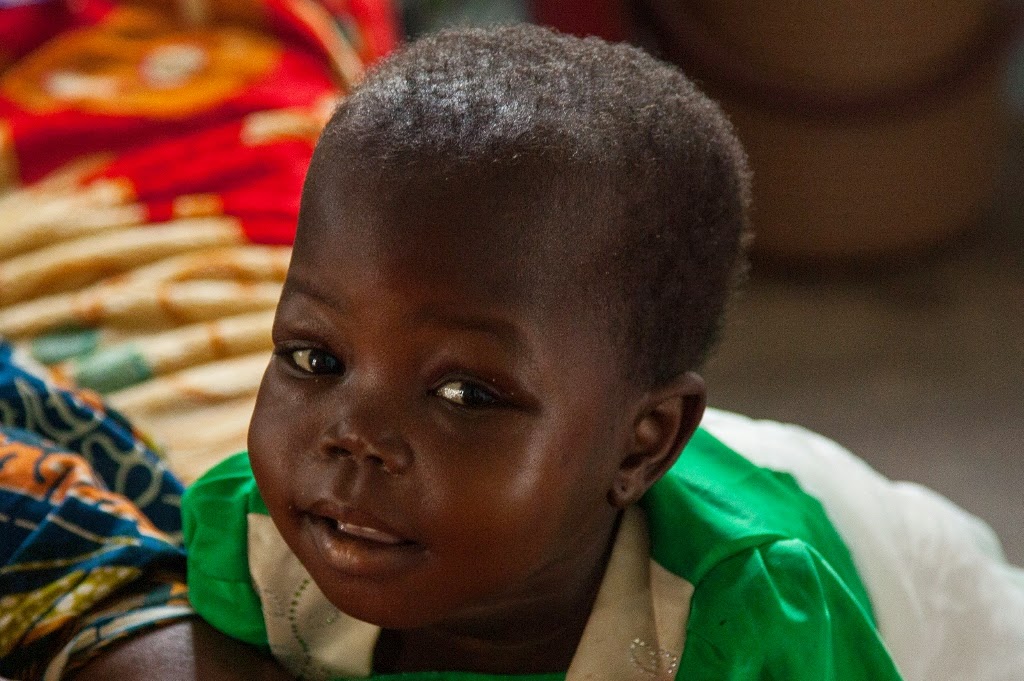How quickly things can change. Just over a week ago, I was frantically
banging the Chadian dust that seems to invade every nook and cranny from my
stowed away suitcases, working my way through a long ‘To Do’ list to ensure I
had handed over the right piece of information or piece of paper to the relevant
person, while ignoring the high humidity that the end of wet season brings, all
the while thinking ahead to cooler climes and endless cheese.
And now, here I am. Wearing several layers, listening to the
rain outside having eaten a delicious roast dinner, enjoying the fast internet
connection and looking forward to the prospect of seeing friends this week.
It really does feel like I’ve stepped out of one world and
into another. As I left Chad the wet season was at last drawing to a close. Not
that it had been a long wet season, but it had started late and brought with it
some incredibly heavy storms. This inevitably brought with it high numbers of
malaria and in the last month of working, the hospital was incredibly busy with
many people being admitted with severe malaria. September saw 501 people treated
as outpatients with malaria and 39 people hospitalised with severe malaria. (October’s
numbers looked set to be even more). And of course, malaria also hit the staff,
which provided more challenges as we ensured shifts were covered as we sought
to meet the ever increasing demand. Children are particularly vulnerable to
malaria and while we sadly saw some not making it, we also saw some incredible
recoveries.
For example, one little 2 year old girl arrived at the
hospital unconscious and fitting. She had a high fever and her test for malaria
was positive. She had cerebral malaria. We started her on the treatment immediately
and she was admitted onto the children’s ward for ongoing care. Usually, people
will start to make some sort of noticeable recovery within a couple of days.
But a week later this little girl was still unconscious and having high fevers
that we could not get down. This is usually not a good sign for the future, so
it was a great surprise and joy when a few more days later she started to
.jpg) respond
to stimuli. A couple more days and she was sitting up, drinking and eating.
Having been unconscious for so long, she had lost weight and was very weak, so
we started giving her the enriched milk we usually give to children with acute
malnutrition. After nearly 4 weeks of treatment, and on one of my last days at
work, she left the hospital to go back home.
respond
to stimuli. A couple more days and she was sitting up, drinking and eating.
Having been unconscious for so long, she had lost weight and was very weak, so
we started giving her the enriched milk we usually give to children with acute
malnutrition. After nearly 4 weeks of treatment, and on one of my last days at
work, she left the hospital to go back home.
Although it does feel like
another world, many of you in the UK are a part of the work in Chad through
your support of the hospital. In the coming weeks, (other than eating cheese),
I will be speaking a various places to share more of the work that is going on
in Guinebor. If you would like to hear more, please come along to any of the
following locations:
·
9th
Nov. 11.00am
Connect, Hollybush School, Bramley, Leeds
· 18.30pm
SENT, South Parade BC, Headingley, Leeds
·
16th
Nov. 10.30am
Tottlebank BC, Cumbria
·
22nd
Nov. 16.00pm Rugby BC
·
23rd
Nov. 10.30am Fuller BC. Kettering
·
30th
Nov. 10.30am Folkstone BC, Kent
·
7th
Dec. 10.30am
Mansfield BC, Nottingham
·
18.30pm
Mansfield Road BC, Nottingham
·
14th
Dec. 10.30am Brentwood BC, Essex
·
21st
Dec. 10.30am Camrose BC, Edgware,
Middlesex
